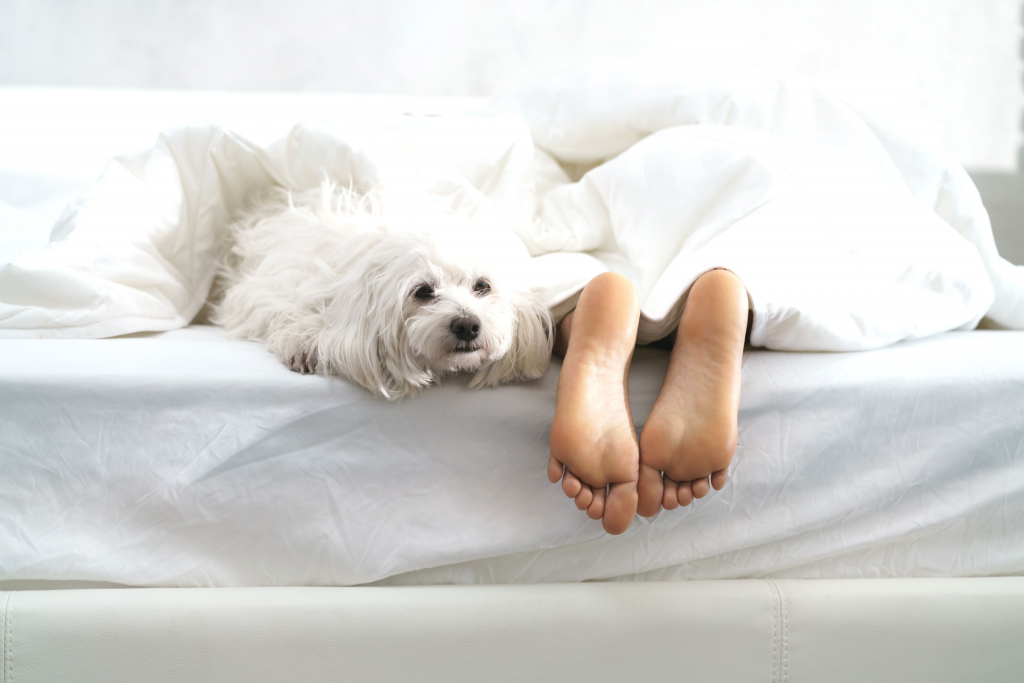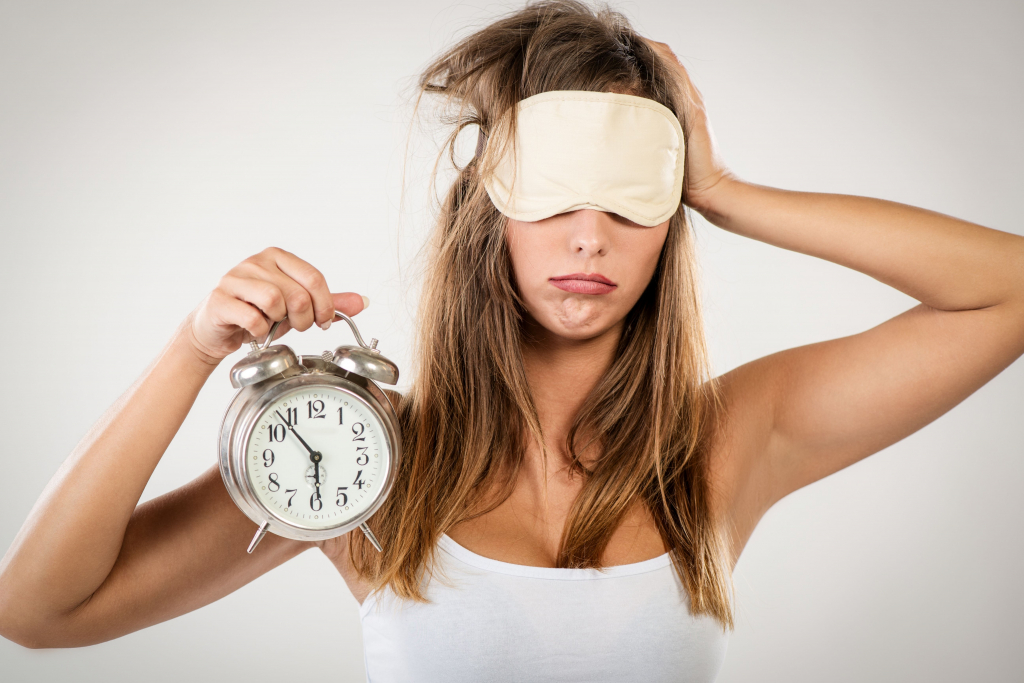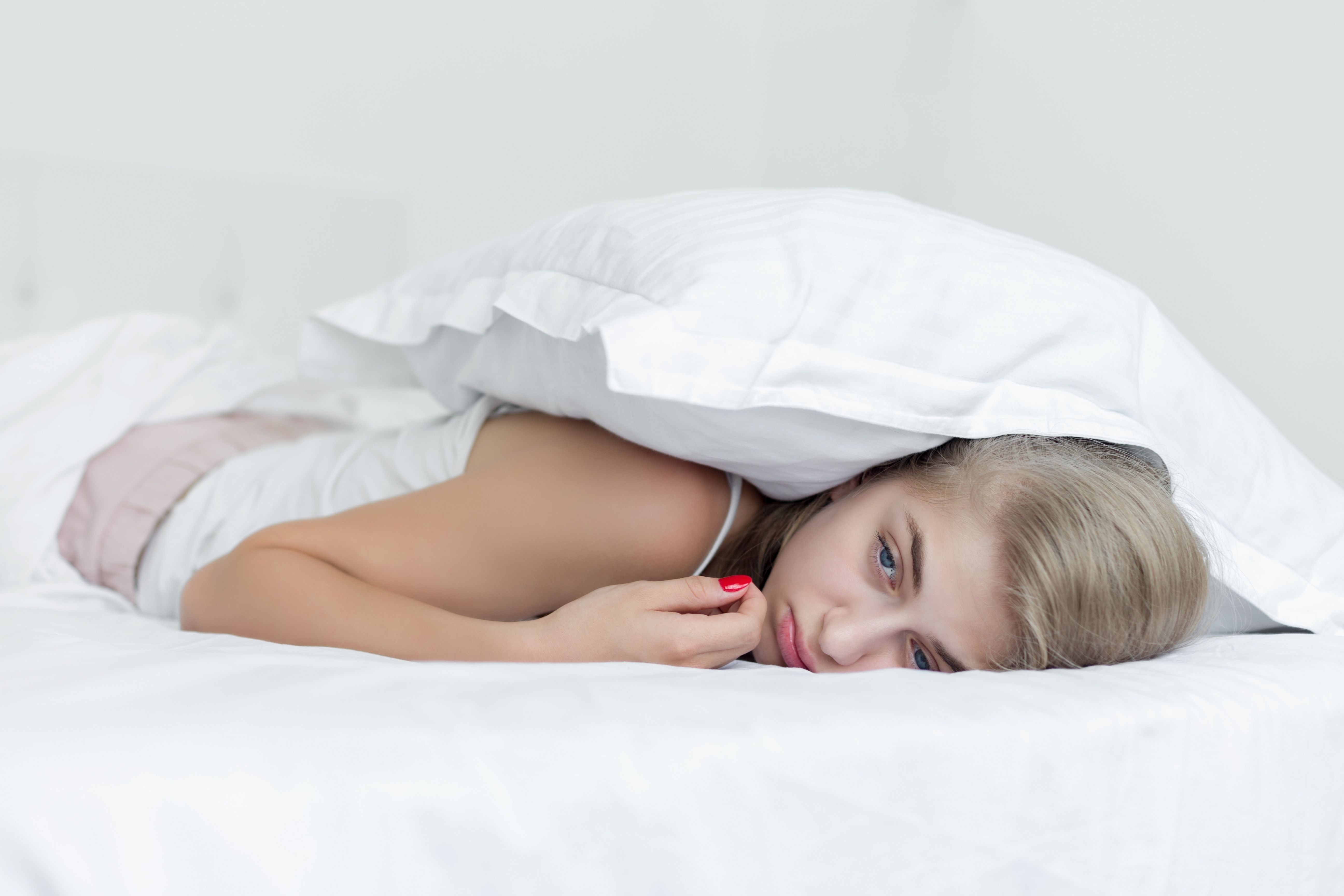To say that sleep is essential would be something of an understatement—it’s vital in a variety of ways. When a person gets quality sleep on a regular basis, they’ll likely have a boost of energy, healthier heart, sharper mind, more stable blood sugar levels, and the list goes on. In a nutshell, sleep is critical for overall health and well-being.
Do you often find yourself tossing and turning in your bed at night, unable to fall asleep or stay asleep? If you’ve been having trouble sleeping, the odds are that the problem is caused by anything you’re doing or not doing. While the most common reasons include a poor diet, a lack of exercise, or excessive caffeine consumption, there may be more causes that you’re unaware of.
Listed below are some surprising reasons why you’re having trouble sleeping.
Sleeping On Old Mattresses
If you think you’re already on a healthy sleeping routine but can’t seem to figure out why you can’t get a decent sleep, it could be due to the mattress you’re sleeping on. Over time, mattresses may lose their ability to support your body weight. If the blood flow is restricted to one side of your body, you may have a more uncomfortable night of sleep. The next thing you know, you’re feeling achy and tired.
If you’ve been sleeping on a worn-out mattress, it might be time to buy a new one. Fortunately, some mattresses are designed to provide superb comfort and support to your body all night long. Say goodbye to your old, lumpy, uncomfortable bed and say hello to the better, newer, and more comfortable one.
Drinking A Glass Of Wine
Even though a nightcap can help you fall asleep faster, it can also lead you to wake up later in the night. This is because of the alcohol’s tendency to metabolize your body, preventing you from getting a good night’s sleep. Aside from that, you might experience an increase in body temperature, intense dreams or sleeping terrors, breathing issues, and restless legs.

Taking Medications
Do you take any herbal or vitamin supplements? While they’re making you stronger and immune to illnesses, they might take a good shut-eye away from you, too.
Chemicals can quite possibly disrupt your sleeping patterns. Regardless of your reason for taking them, it’s indeed critical for you to be aware that certain medications may make falling or staying asleep more difficult. Ginseng, for example, can make you feel agitated or increase your heart rate. Similarly, vitamin B-containing supplements can create vivid dreams.
To avoid any of this, it may be preferable to take your medications in the morning, so your body will have more time to digest and process them before bedtime.

Sleeping Next To Your Furry Friend
Do you have a furry friend whom you share your bed with at night? Sleeping next to your pets may sound cute, but they could also be a cause why you’re not getting a good night’s sleep.
While cuddling with your dog or cat helps in reducing stress or anxiety, it doesn’t always guarantee a decent night’s rest. Take cats as an example. Compared to humans, they have a differing sleep-wake pattern. And allowing them to sleep in your bed might wake you up in the middle of the night, too. Another example is when you sleep with your dog. Dogs tend to snore on a regular basis. Plus, all those tosses and turns to find a comfortable sleeping spot next to you might wake you up.
Sleeping next to your pets can make it difficult for you to get a good night’s sleep. Thus, you might want to try regulating your cuddling time with your furry friend to daylight hours or train them not to enter your bed during bedtime.

Inadequate Exposure To Sunlight
Sunlight has a profound effect on your bodily functions, including your sleeping pattern, energy levels, and mental health, and more—its importance can’t be overstated.
Your sleeping cycles, also known as circadian rhythms, are determined by the amount of sunshine you get. This indicates that spending time outdoors during the day actually helps you sleep better at night. However, if you don’t get enough sunlight, you might have trouble sleeping. To resolve this, you don’t have to relocate to a sunnier state. You can simply set a goal of spending at least 15 minutes outdoors, and that’s it!
Blue-Light Insomnia
Although exposure to blue light is beneficial during the day to boost attention and state of mind, they’re by far the most disturbing at night. It turns out that glaring at your phone or television a few hours before you sleep can cause sleep disruption.
Melatonin is a hormone that induces sleep. But when there’s recent exposure to blue light, your body’s capacity to prepare for sleep may be suppressed.
The end result would be that you would feel less tired than usual, making it more difficult for you to fall asleep. The simplest approach to limit your exposure to it would be to stay away from your phone, TV, and other electronics hours before bedtime.

Indulging In The Wrong Snacks Right Before Bedtime
Do you usually eat something before heading to bed? If so, do you perhaps eat slices of pizza or a packet of crisps? If you answered yes again, don’t be surprised if you find yourself lying awake at night.
Consuming a high-fat or high-protein food shortly before bedtime puts your digestive system into a frenzy. This makes it difficult for you to sleep, or worse, can cause heartburn. Moreover, feeling hungry in the middle of the night might wake you up, too. So, what should you do?
Eating well throughout the day may be the best option. Start by eating protein-rich foods in the morning, and avoid relying too much on sugar and caffeine to become active throughout the day. In doing so, you’ll most likely get a decent sleep at night.
Final Thoughts
A lack of sleep increases your chances of acquiring chronic diseases and lowers your overall quality of life, among other things. So, if you’re having difficulties sleeping, the first thing you should do is evaluate your lifestyle and see if there are factors that may be interfering with your sleeping cycles. If needed, make the necessary changes. However, if you’re still having trouble with sleep after making a change to your bedtime routine, it might be best to talk to your doctor to help you get the rest you need.
